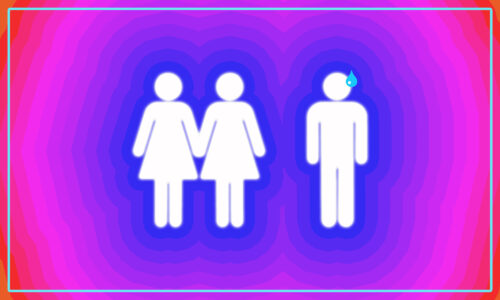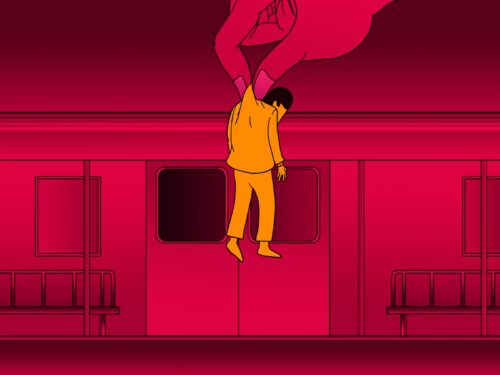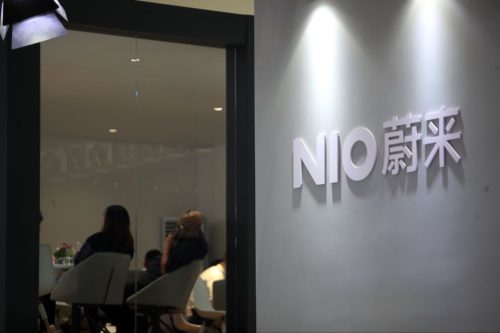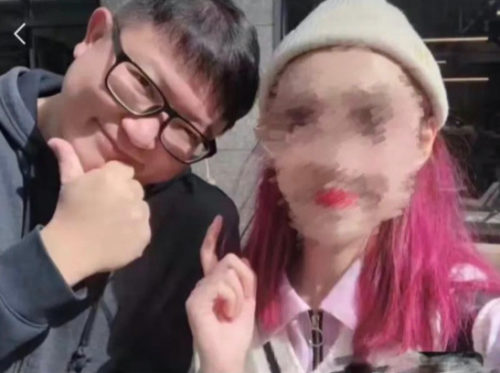Chinese lingerie brand apologizes for joke about workplace sexism
Another consumer brand is the target of a social media backlash after a marketing campaign that offended women.
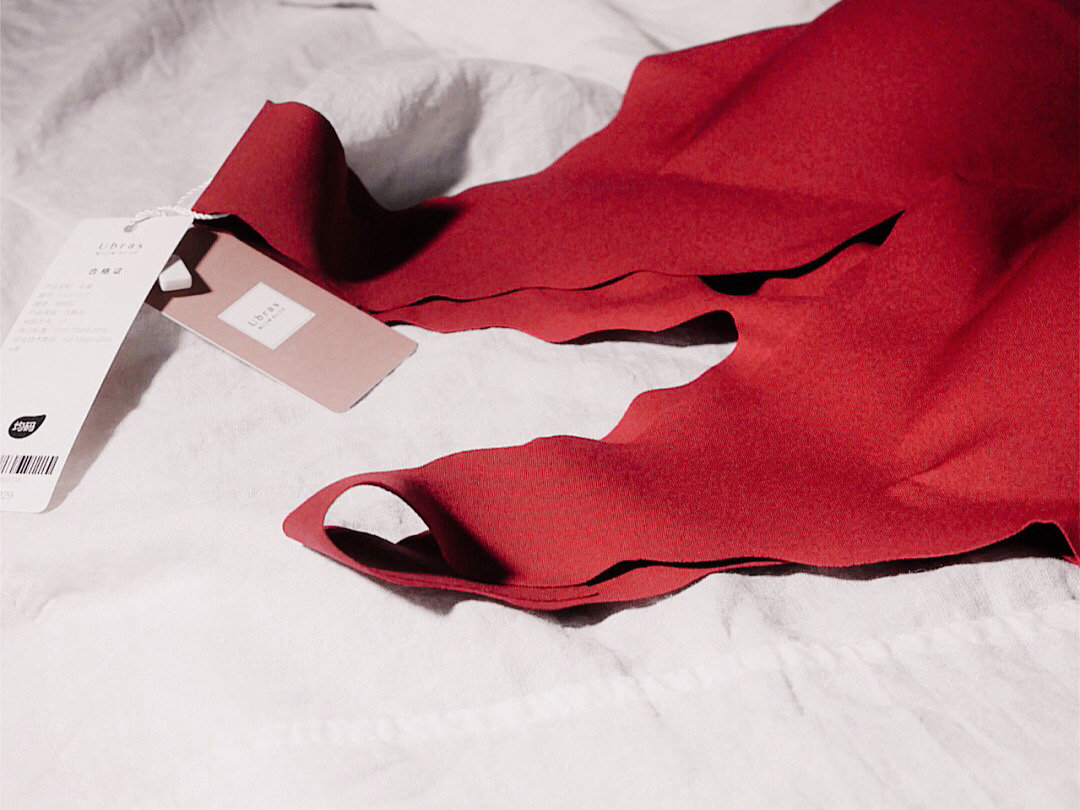
At a time when issues of sexism and harassment in the workplace have never been more at the forefront of people’s minds, a Chinese lingerie brand has found itself in hot water after rolling out a social media marketing campaign that Chinese internet users found sexist.
Ubras, a digital-native brand primarily known for its one-size-fits-all bras, started gaining attention across social media earlier this week when Lǐ Dàn 李诞, one of the best-known figures in China’s stand-up comedy, paired up with the company for an endorsement deal.
In a Weibo post promoting the brand, Li called its products “lifesaving garments” for women in the workplace. “This product allows working women to effortlessly have it all by just lying down,” he wrote.
The backlash was instant. Many internet users were up in arms about the post’s sexist and misogynistic undertone, saying that it not only added to the pressure on women to look a certain way in many workplaces, but also encouraged them to conform to a gender bias that enhancing their beauty was an effective way to help them get ahead at work.
One person wrote (in Chinese), “The post is grossly demeaning to women and in very poor taste.” Another said (in Chinese), “Sexual harassment in the workplace is a serious problem and it sends an insidious message that it’s desirable for women to please the male gaze in exchange for promotions.”
As complaints piled up, Li quickly deleted the controversial post. But the backlash continued and grew into widespread calls for a boycott of Ubras, as some critics discovered that the offensive messaging wasn’t Li’s original idea. Rather, it was part of a broader campaign orchestrated by Ubras, which has a track record of playing on women’s insecurities and using lowbrow taglines to get attention.
In one post shared by Ubras’ official Weibo account, it made well-endowed women its target, asking them if they ever had their breasts “popping out of their button-down shirts” and surprised their bosses. In another post, it referred to its customers as “breast brothers.”
“I find it particularly disheartening when it comes from a lingerie brand that’s supposed to empower women. What could it gain from making jokes and wordplays that only men would find amusing?” a Weibo user commented (in Chinese). “I’m shocked that you’d make women’s products insulting women. I’ve never bought your bras and I never will,” wrote (in Chinese) a displeased woman.
Ubras apologized for its marketing materials on Tuesday, saying that it had deleted “inappropriate content.” “At Ubras, most of our employees are women,” the company wrote (in Chinese) in a Weibo post. “We are incredibly sorry for any hurt this has caused. Going forward, we will be more careful when creating and reviewing our social media content.”
Today, Li followed up with an apology on his part. “I have always respected women. I’ve come to the realization that when doing comedy, I need to be more mindful of women’s feelings, especially on topics related to them,” he wrote (in Chinese). “I am in the wrong this time. Thanks for all the criticism and I’m reflecting on the mistake I made.”
While gender bias and gender stereotypes still get communicated regularly in Chinese advertising, public outcry over the objectification of women and overt sexism has become swifter and louder in recent years, as social media has given audiences and consumers a chance to talk directly back to advertisers and demand changes. For example, earlier this year, PurCotton, a Chinese manufacturer of cotton products, was forced to pull an advertisement for makeup removal wipes after it prompted a widespread backlash on social media for blaming victims.

